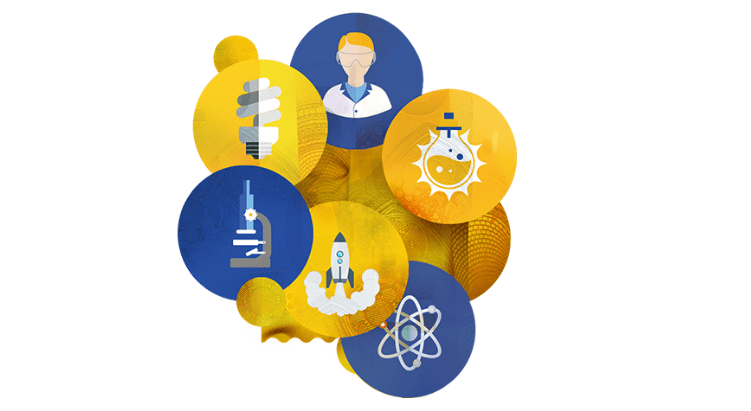
In December 2023, Canada completed its negotiations with the European Union to provide access for Canadian researchers and innovators to take part in the Horizon Europe funding program. In so doing, Canada followed New Zealand as the first countries from outside of the European region to join Horizon Europe as the European Union seeks to internationalize the program.
Prime Minister Justin Trudeau declared Horizon Europe “the greatest research and innovation mechanism in the world right now” following a visit to the EU last year. The total program envelope is €95.5 billion (or approximately $140 billion CDN), making it the largest such fund in the world. Collaborative research projects can be supported with as much as €20 million ($29 million CDN).
Research clusters
With Canada being an associated country, researchers in Canada can now lead and join Horizon Europe project consortia under “Pillar II: Global Challenges and European Industrial Competitiveness” which includes six thematic clusters, each tackling specific societal issues and strengthening Europe’s industrial competitiveness:
- Health
- Culture, Creativity, and Inclusive Society
- Civil Security for Society
- Digital, Industry and Space
- Climate, Energy and Mobility
- Food, Bioeconomy, Natural Resources, Agriculture and Environment
All of this is good news for McGill researchers, as it gives access to even more opportunities to elevate their research and innovations through global partnerships.
A fruitful collaboration
McGill researchers are no strangers to collaborating with European counterparts; there is a long history of joint research projects between the two sides.
One such investigator is Dr. Eva Kehaiya, an Associate Professor at the School of Physical and Occupational Therapy. Since 2020 she’s participated in the VITALISE (Virtual Health and Well Being Living Lab Infrastructure) project funded by Horizon 2020 (the predecessor of Horizon Europe), and since 2022 in the RAISE project, funded by Horizon Europe.
“The projects opened the doors to fruitful collaborations with European partners and have fostered participation in transnational projects on health and wellbeing,” she explained. “We have both contributed and benefited from the design of state-of-the-art ICT tools, knowledge sharing and training of researchers, and have created harmonized processes that allow for fluid collaborative work and transfer of information across the continents.”
How to apply
Given the scale of the opportunity and the track record of successful collaborations, the next question researchers will ask is: how can I apply?
With this in mind the Office of the Vice-President (Research and Innovation) has prepared a suite of information and resources to help.
One message of key importance for those interested: although the calls for proposals are numerous and the available funding is generous, the requirements set forth by the EU are different from those that researchers may be accustomed to with Canadian grants. Pillar II projects are large scale with multiple partners, and will require significant planning and time for preparation.
